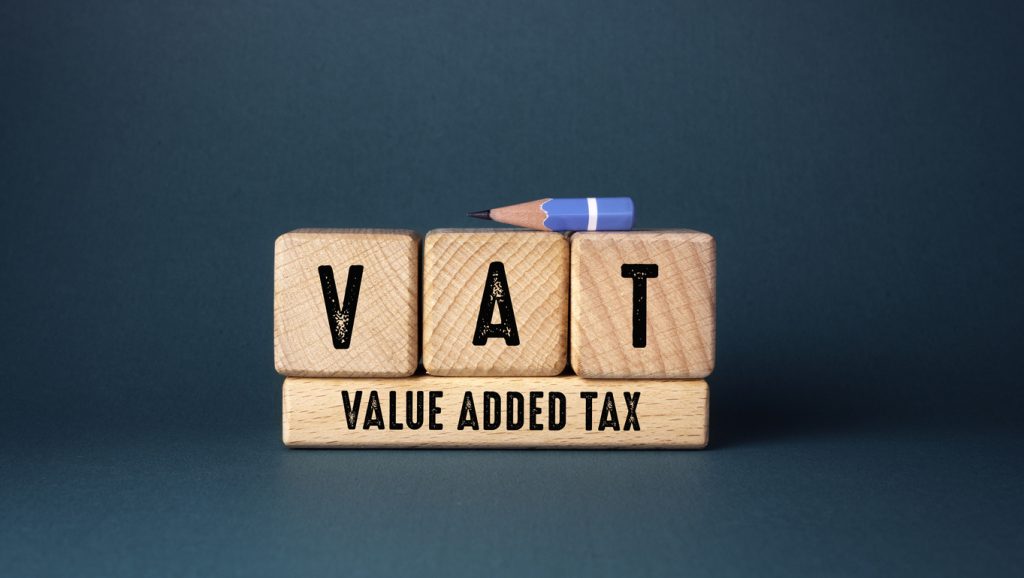
Get in Touch
Our team of accountancy experts are available to speak to you as soon as possible. You can also email us or complete the contact form and one of the team will be in touch.
In the UK, the payroll is the list of employees in a company and their salary details. When you are on a payroll, it means that you are employed and paid regularly, often monthly or weekly. It can also apply to freelancers and independent contractors, for example actors, but it is more typical for full time employees and is done by PAYE.
How does UK payroll work?
Your salary is calculated by taking away certain payments such as:
- Income Tax
- National Insurance
- Student loan repayments
- Pension contributions
- Save As You Earn contributions
You’ll see all of these deductions listed on your payslip, showing both your gross and net income.
Why use payroll?
For any business, setting up payroll is a requirement. You’ll use it to:
- Calculate your employees’ pay and tax contributions
- Pay your employees
- Reporting payment details to HMRC
- Informing the Student Loans Company of any employees repaying their loans
How do I submit UK payroll?
There are various different ways of doing UK payroll:
- By hand
- Using payroll software
- With an accountant
Be aware that you’ll have to send your pay deductions monthly to HMRC:
- 19th of every month if you pay by post
- 22nd of every month if you pay online
With any of these choices, you should make sure that you understand what’s involved. You’ll need all of the below information to be able to do the task yourself or to outsource it to an accountant:
- Employee name, address, National Insurance number, salary
- Employee working hours including sick days
- The employee’s P45
- Employee ID – passport or birth certificate i.e. proof of citizenship
- Records of salary or hourly wage
- Commission or tips record
- Any employee benefits
Frequently Asked Questions
-
Can you help me to maintain my own accounting records for payroll?
Of course! The simplest route for you to keep on top of your payroll year-round is to outsource to an accountant! Contact our team today to take the first step towards an easier payroll and get a comprehensive accounting service!
-
How easy is it to get an accountant to help with payroll?
We know that you have plenty to consider when you run a business, so we keep things easy for you. If you are interested in learning more about our services, simply leave us a message via our online contact form and a member of our accounting team will contact you to explain everything you need to know.
Search More Terms
View our latest news & insights






